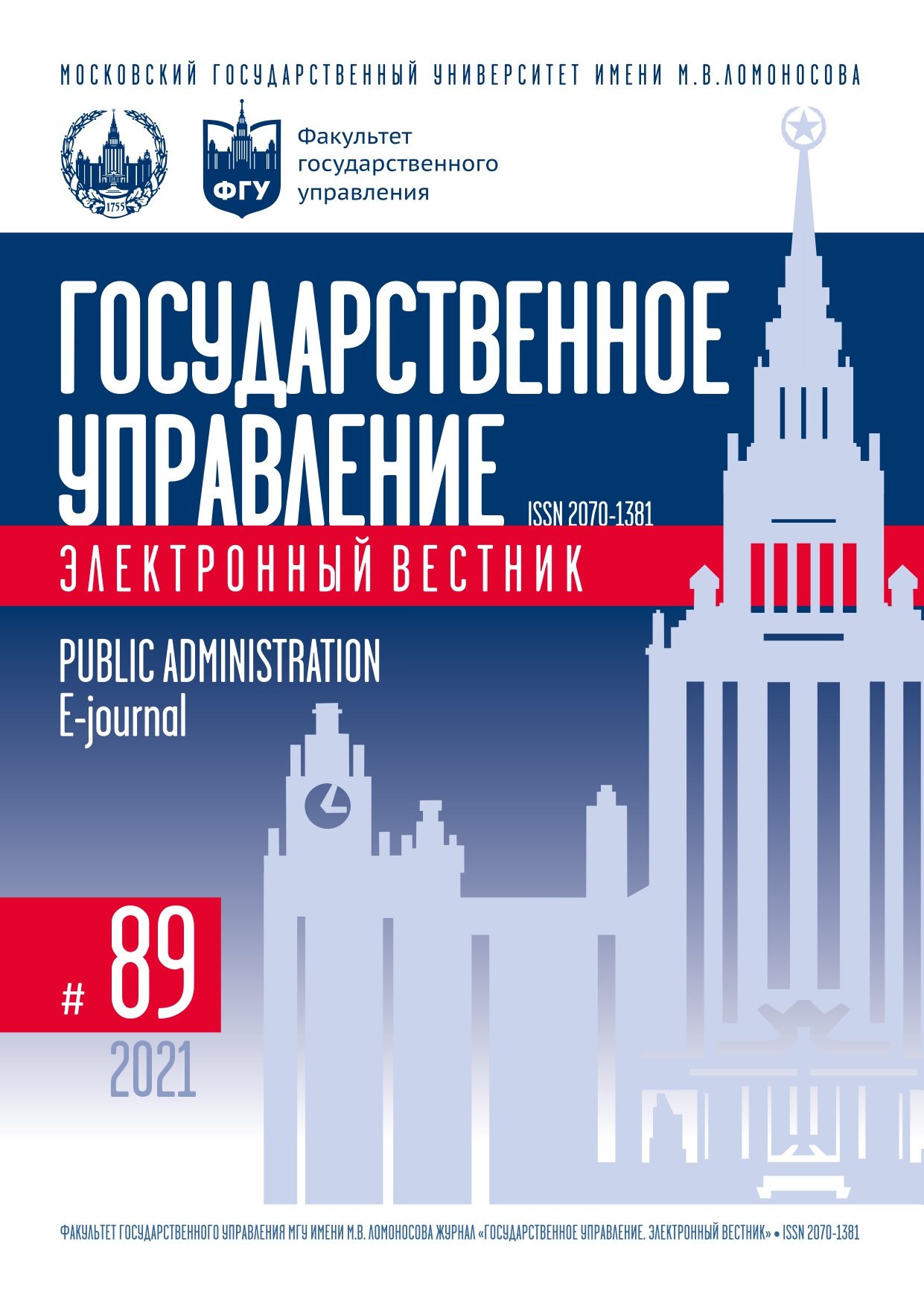Riddle of Fat Overuse by More Educated People in Russia: Professional and Gender Aspects
Keywords:
Nutrition, health, education level, fat, logit models, binary choice models, gender, gender differences, professional groups, RussiaAbstract
The article is devoted to finding the solution to the riddle of excessive fat consumption by more educated people in comparison with less educated ones. In earlier studies, the results mostly indicated that education is a factor that deters people from unhealthy diets, including the abuse of fatty foods, making them more informed about the threats of violating the principles of healthy eating, or strengthening their ability to control their own lives. At the same time, Russian researchers L.Rodionova and E. Kopnova found the opposite result on the data of a Sample observation of the population’s diet (hereinafter — SOPD-2013), that more educated individuals consume more fatty foods compared to less educated ones. However, a meaningful explanation of the above paradox has not yet been found. The resolution of this paradox could be important from the point of view of developing recommendations for reducing morbidity and mortality from alimentary-dependent diseases (diseases related to nutrition). In this paper, an attempt is made to resolve this paradox by considering it in the context of professional groups using the apparatus of binary choice models based on the data of SOPD-2013. It is found that the differences in fat abuse between more and less educated individuals are eliminated when the factor of belonging to professional groups is included in the model. The results of the regression analysis may indicate that more educated respondents are more likely to occupy leadership positions, which encourages them to “eat” stress with more fatty foods, and this effect is more pronounced in women than in men. A possible further direction of research may be to move to an additional qualitative study, which could allow us to more confidently assert that the leading motivator for overeating fatty foods in more educated workers compared to less educated ones is precisely the stress factor.
References
Родионова Л.А., Копнова Е. Д. Статистический анализ характеристик рационального питания населения России // Вопросы статистики. 2017. № 7. С. 28–40.
Beena C., Poduval P.R. Gender Differences in Work Stress of Executives // Psychological Studies. 1992. Vol. 37. Is. 2–3. P. 109–113.
Carroll D., Ginty A.T., Whittaker A.C., Lovallo W.R., de Rooij S.R. The Behavioural, Cognitive, and Neural Corollaries of Blunted Cardiovascular and Cortisol Reactions to Acute Psychological Stress // Neuroscience & Biobehavioral Reviews. 2017. Vol. 77. P. 74–86. DOI: 10.1016/j.neubiorev.2017.02.025.
Cho Y., Park J., Han S.J., Ju B., You J., Ju A., Park Ch.K., Park H.Y. How Do South Korean Female Executives’ Definitions of Career Success Differ from Those of Male Executives? // European Journal of Training and Development. 2017. Vol. 41 № 6. P. 490–507. DOI: https://doi.org/10.1108/EJTD-12-2016-0093.
Davidson M., Cooper C.L. Stress and the Woman Manager. Oxford: Robertson, 1983.
Devaux M., Sassi F., Church J., Cecchini M., Borgonovi F. Exploring the Relationship
between Education and Obesity // Economic Studies. 2011. Vol. 2011. Is. 1. DOI: https://doi.org/10.1787/eco_studies-2011-5kg5825v1k23.
Drewnowski A., Specter S.E. Poverty and Obesity: The Role of Energy Density and Energy Costs // The American Journal of Clinical Nutrition. 2004. Vol. 79. Is. 1. P. 6–16. DOI: 10.1093/ajcn/79.1.6.
Finkelstein C.A. Women Managers: Career Patterns and Changes in the United States // Access to Power / ed. by Cynthia Fuchs Epstein, Rose Laub Coser. London: Routledge, 2018. P. 193–210.
Jackson S.E., Kirschbaum C., Steptoe A. Hair Cortisol and Adiposity in a Population‐Based Sample of 2,527
Men and Women Aged 54 to 87 Years // Obesity. 2017. Vol. 25. Is. 3. P. 539–544. DOI: 10.1002/oby.21733.
Kim T. J., Roesler N. M., von dem Knesebeck O. Causation or Selection–Examining the Relation Between Education and Overweight / Obesity in Prospective Observational Studies: A Meta‐Analysis // Obesity Reviews. 2017. Vol. 18. Is. 6. P. 660–672. DOI: 10.1111/obr.12537.
Nelson D.L., Burke R.J. Women Executives: Health, Stress, and Success // Academy of Management Perspectives. 2000. Vol. 14. Is. 2. P. 107–121.
Sinha R. Role of Addiction and Stress Neurobiology on Food Intake and Obesity // Biological Psychology. 2018. Vol. 131. P. 5–13. DOI: 10.1016/j.biopsycho.2017.05.001.
Tomiyama A.J. Stress and Obesity //Annual Review of Psychology. 2019. Vol. 70. P. 703–718. DOI: 10.1146/annurev-psych-010418-102936.
Veblen T. The Theory of the Leisure Class. New York: Penguin Books, 1994.

